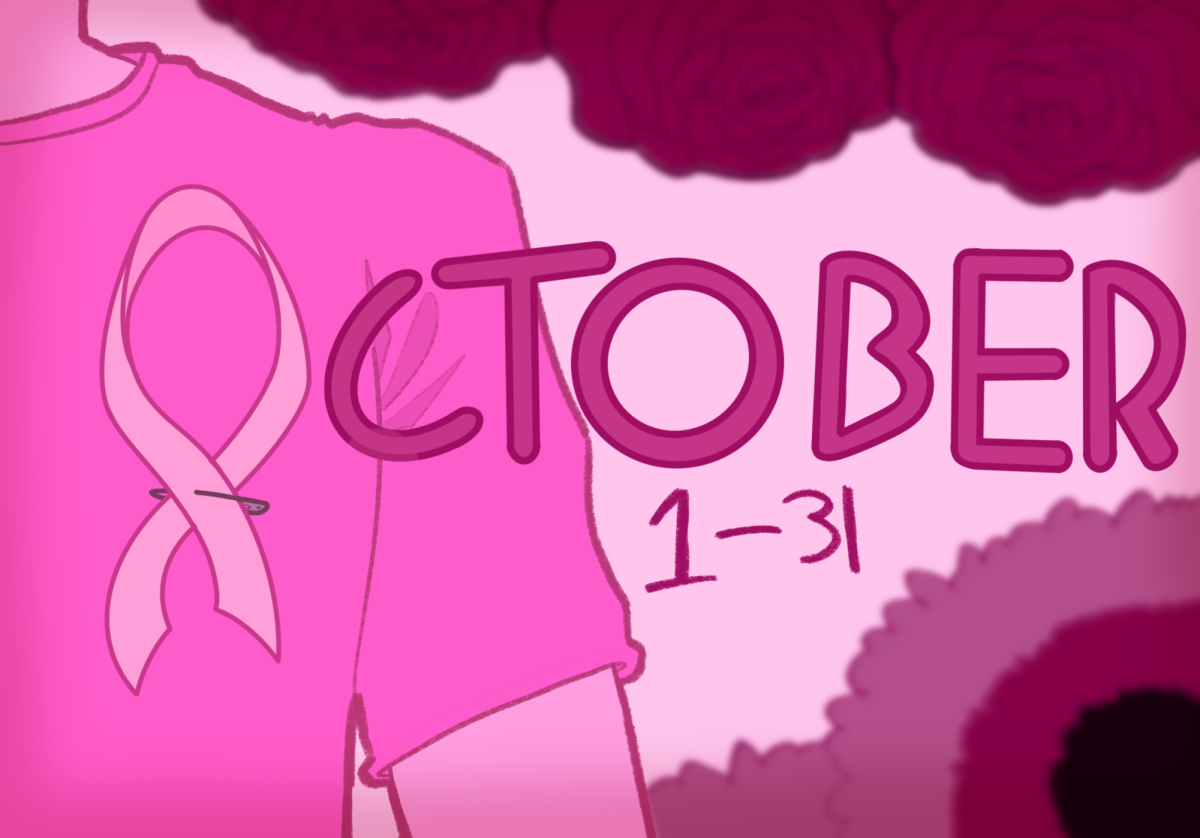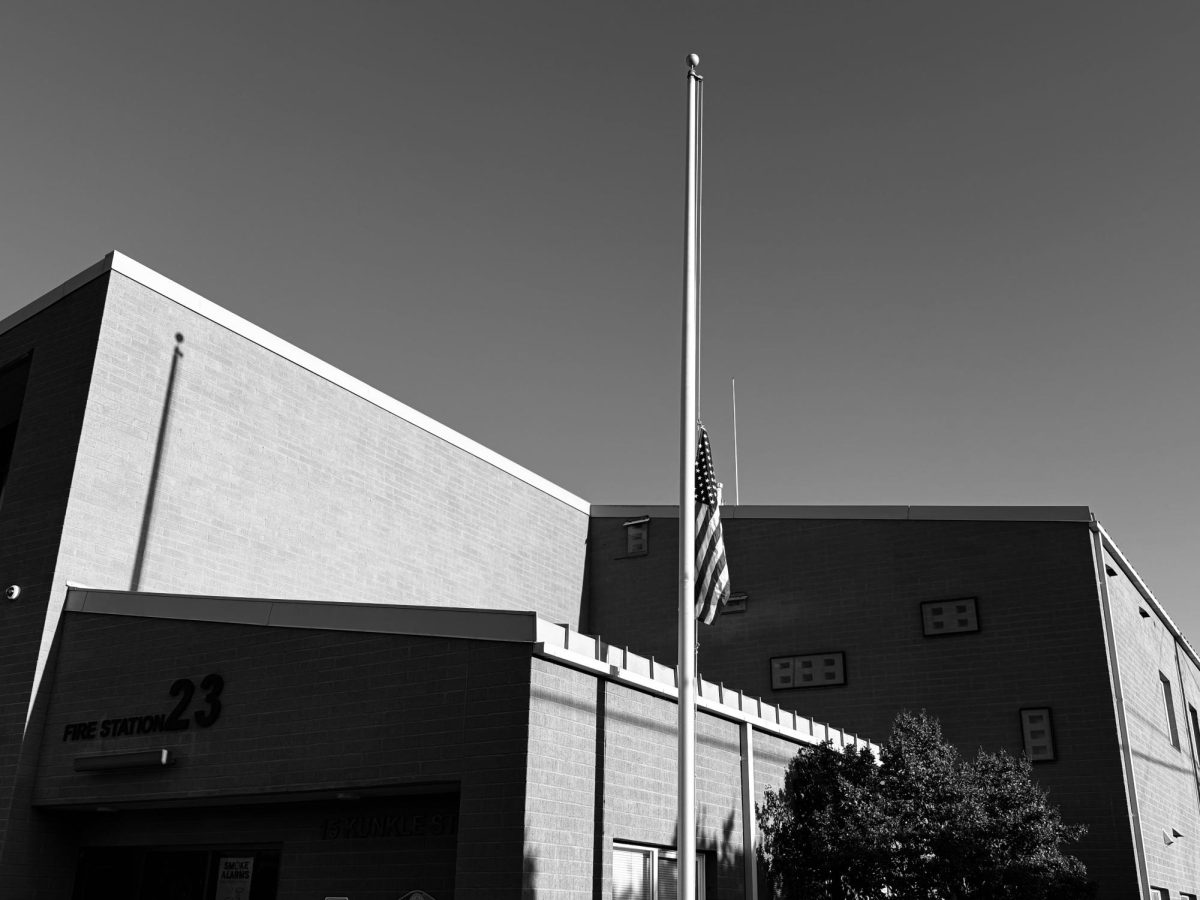If there is a staple of the 21st Century, a heart to our modern way of life, it’s the internet. The internet is a place where a melange of expression and content flourishes in digital space— most of us devote a part of our lives to it through social media or Netflix, many of us have cherished hobbies or games that we enjoy in this free cloud of information. The internet has become an integral part of our culture and our lifestyle that serves as this endless canvas for cyber exploration, and thanks to the Federal Communications Commission (FCC), that part of our lives is in immense danger.
The (FCC) have passed a 3-2 vote repealing net neutrality, a regulation enacted in 2015 that prevents Internet Service Providers, or ISPs, from having corporate control over how we utilize the internet. Essentially, Net Neutrality prevents ISPs from dictating how we choose to spend time in the internet based on their corporate interests.
For example, if a large ISP such as Comcast created a show that they felt competed with a Netflix or Hulu show, they could slow your access to those apps, paralyzing your viewing pleasure to inflate their own content. ISPs would also have the power to completely block user access to certain sites and impair the speeds of number of websites, while accelerating them for the ones they either charge more for or prefer, essentially giving them monopolies on your time and your digital life.
Normally, ISPs wouldn’t have this power thanks to the FCC during the Obama Administration being provoked to move ISPs from Title I to Title II of the Communications Act of 1934 after Verizon challenged their ability to enforce net neutrality in a lawsuit, granting more regulatory authority to the FCC to ensure that the internet remains a free and fair space.
The Trump Administration’s FCC does not share the same sentiment about net neutrality, however, with their current chairman Ajit Pai claiming he wants to “restore internet freedom” in a message that is largely focused on indistinct platitudes that ignores how those features could be slowed or blocked depending on your ISP.
But, Pai’s aims are clearly geared towards corporations: the “internet freedom” he so liberally promotes is for the ISPs, not for the people. The rhetoric he uses to try and mollify us only holds true for the companies that will have the ability to manipulate your internet and sabotage your access to construct a business scheme that corrupts what was once a fair internet.
This “internet freedom” makes the United States the only democracy in the world where the open web is obstructed, where the users are oppressed, and the websites have no equality.
There is still time to preserve a just and free internet if congressional action is taken, and regardless of your political affiliation, the internet is a wonderful, cyber eternity of pure human creation that cannot be dominated by corporations. This is a major aspect of our lives that are under threat of repressive control, and unless you want the way you enjoy the internet to be governed by slow speeds and blocked content, then I urge you to contact your representative in Congress and take action to protect democracy in all facets of our life, even the the digital one.








